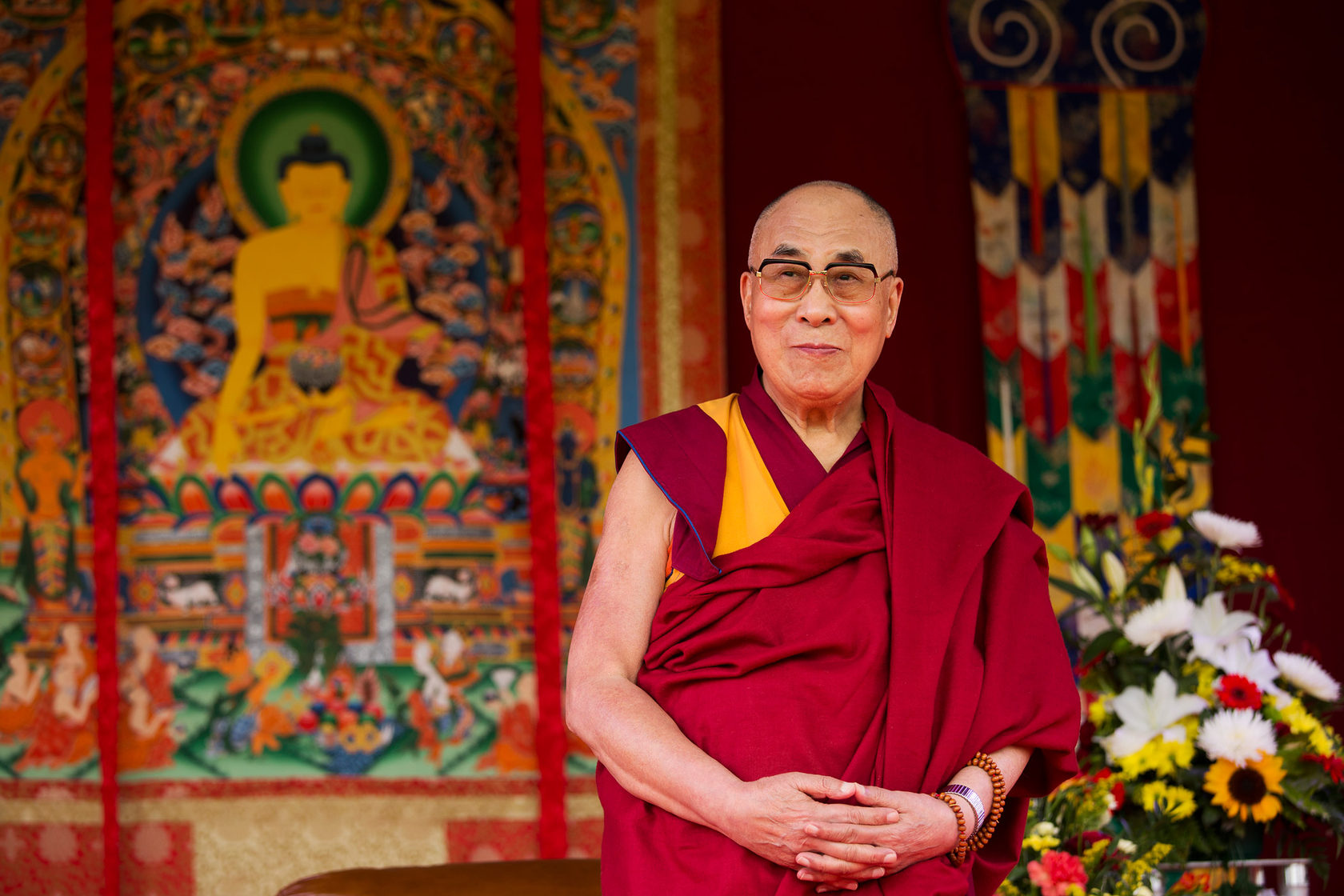The Dalai Lama is more than just a spiritual figurehead for the Tibetan people; he embodies the culmination of spiritual authority and, until 1959, also wielded secular power over Tibet.
The residence of the Dalai Lama, prior to the Chinese takeover, was the Potala Palace in Lhasa, reflecting the dual spiritual and political roles of the office.
Rooted in the Gelugpa tradition, the largest and most influential school within Tibetan Buddhism, the Dalai Lama’s position is pivotal in guiding the spiritual life of its followers. Despite its significant place in Tibetan culture and religion, the institution of the Dalai Lama is a relatively recent development, with only 14 recognized incarnations to date. The title, meaning “Ocean of Wisdom,” was first given to Sonam Gyatso, the third reincarnation, in the 16th century.
The discovery of the Dalai Lama’s reincarnation involves a blend of spiritual, mystical, and traditional practices. These include interpreting dreams, observing the direction of smoke from the cremation of the previous Dalai Lama, and seeking signs in the sacred Oracle Lake, Lhamo Lhatso. The identification of Tenzin Gyatso, the 14th Dalai Lama, was influenced by visions from this lake, continuing the legacy established by his predecessors.
The Life of The Current Dalai Lama, Tenzin Gyatso
Born on July 6, 1935, Tenzin Gyatso’s early life was marked by his recognition as the reincarnation of the 13th Dalai Lama when he was just two years old. Raised in a milieu of rigorous religious education, his upbringing was designed to prepare him for the vast responsibilities awaiting him as Tibet’s spiritual leader.
As the 14th Dalai Lama, Tenzin Gyatso has emerged as a global emblem of peace, non-violence, and compassion, earning the Nobel Peace Prize in 1989. Despite his advanced age, he maintains a vigorous schedule that includes several hours of morning prayers and meditations, followed by meetings with a range of people from government officials to spiritual seekers, emphasizing a life of simplicity and monastic discipline.
In recent discussions, Tenzin Gyatso has questioned the continuation of the Dalai Lama lineage, suggesting that it may not be necessary to appoint a successor. This reflects his forward-thinking approach to Buddhism and its adaptability to the changing world, highlighting his belief in the religion’s evolutionary potential.
Tenzin Gyatso’s teachings and life story continue to inspire a global audience, transcending religious and cultural divides. His advocacy for peace, human rights, and Tibetan autonomy has made him not just a leader for his people but a moral guide for the world.
LEARN MORE ABOUT DALAI LAMAS – here



